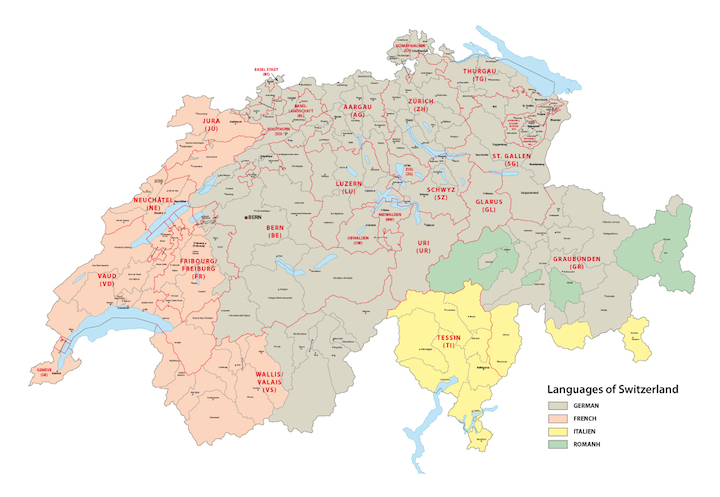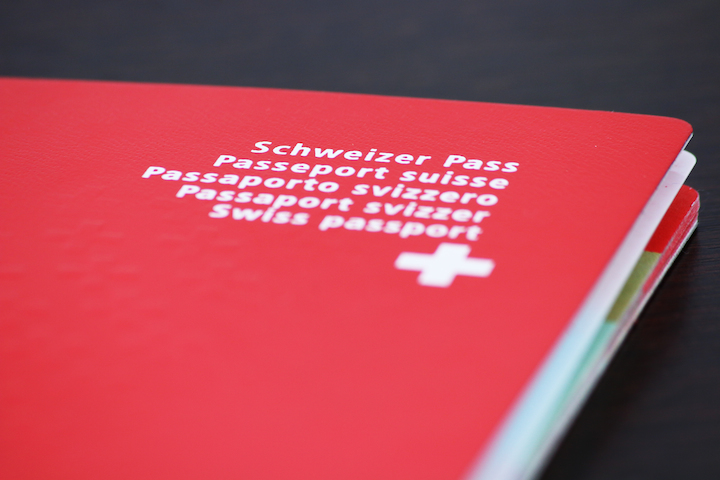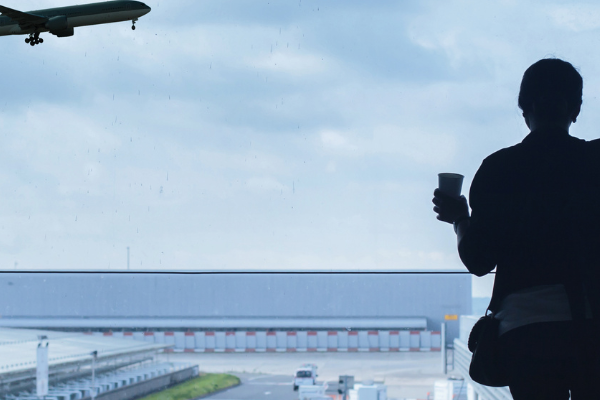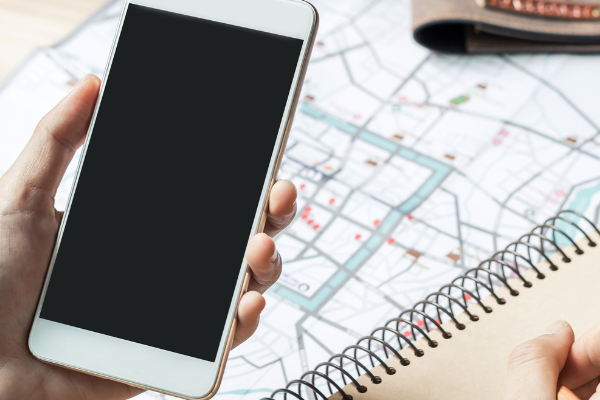In their everyday lives, 41.9% of Swiss people speak regularly two or more languages or dialects, which means that half of the population of this small country is fluent in more than one language. This is a valuable cultural asset!
Living with 4 official languages
According to art. 4 of the Federal Constitution, the official languages in Switzerland are German, French, Italian and Romansh. As Switzerland is a real crossroads in the middle of Europe, multilingualism is of great importance.

The Swiss political system – federalism and direct democracy, where a great autonomy is granted to the different cantons and municipalities and language freedom is guaranteed – is responsible for defending multilingualism and protecting the three Latin minority languages, whose status and number of speakers may widely vary.
Linguistic patchwork
Of 26 Swiss cantons, 17 are officially German-speaking, 4 are French, 1 is Italian and 4 are multilingual (3 bilingual and 1 trilingual).
This means that the Swiss are good at languages: true or false? A study shows that German speakers are better at French than French speakers at German. It seems that the German-speaking majority is more skilled and interested in the other linguistic communities. As for Italian speakers, in the north of the Alps, they learn German or French in school and they are bilingual by vocation! For Romansh speakers, learning a second language is basically mandatory (usually German or Italian), because their language is rather uncommon. Overall, all Swiss people speak a second national language.
Let’s talk about Röstigraben!

The famous “Rösti ditch” separates German speakers from the French ones and is tangible mostly during referendums about the well-known cultural differences. But the Swiss know that the only way to understand their neighbours, their culture and their way of living… is to learn their language!
There are plenty of examples about the importance of learning at least one other national language: if you are travelling on Swiss streets, for instance, knowing the other national languages is a must, if you don’t want to find yourself in the uncomfortable situation of those tourists who kept asking where the city of Sierre en Valais was… while they were actually in Siders, which is exactly the same place. Be careful, because Bienne becomes Beil, Bâle becomes Basel and Zurich… Zürich!
Language lessons at the supermarket
In Switzerland, paying a visit to the supermarket can be very useful for your vocabulary. The label of your shower gel, for example, will teach you some new terms, like Schaumbad and Bagnoschiuma. You will find milk under Milch or Latte and butter will be Butter or Burro. All these new words will help you expand your vocabulary while you take a relaxing bath o during breakfast. Easy, isn’t it?
A paradise for translators: a passport in 5 languages

Switzerland edits all official documents in 4 national languages. It’s a real paradise for translators and a holy place for interpreters! Thousands of words are translated every day by a multitude of professionals. Luckily, the tons of paper documents are now digitized… it takes way less space! And if you are wondering why the Swiss passport is so thick, it’s because it’s written in 5 languages. English was added to recognize its increasing importance.
Do you speak a second or third language every day? Tell us which ones in the comment section below!


